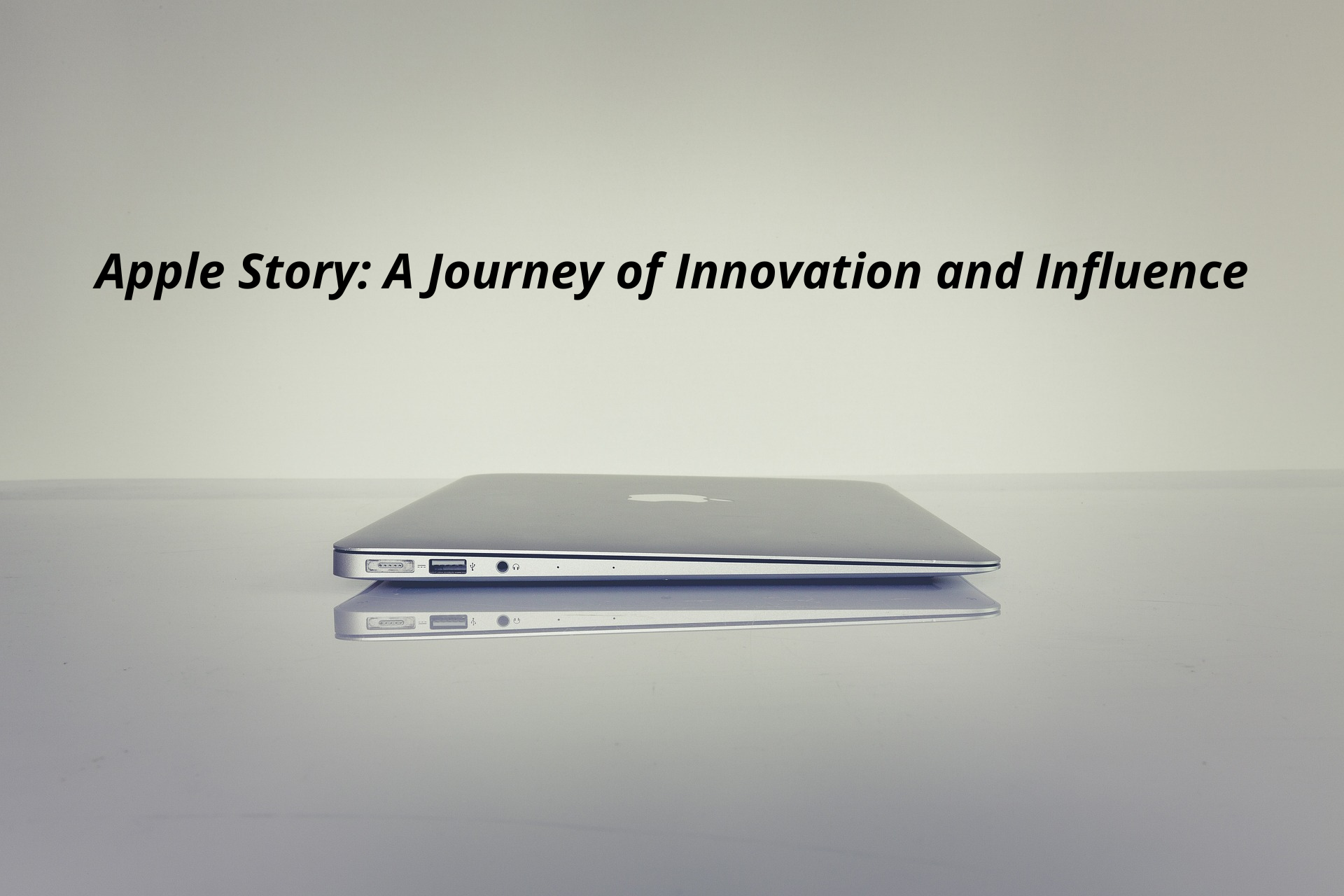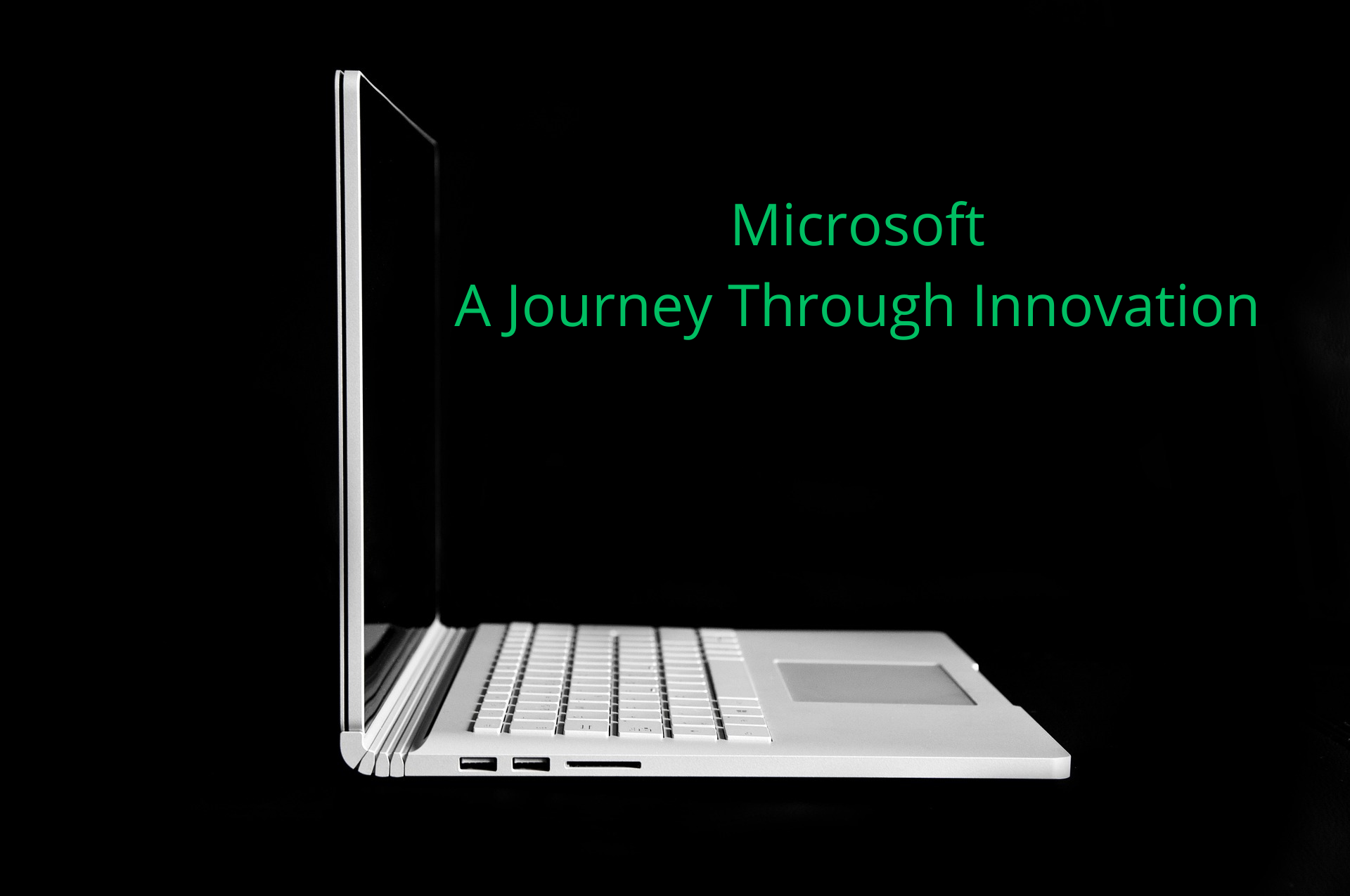Wikipedia Introduction:
In the vast expanse of the internet, one platform stands out as a beacon of knowledge and collaboration: Wikipedia.
From its modest beginnings to its current status as the world’s largest encyclopedia, the story of Wikipedia is a testament to the power of collective intelligence and the democratization of information. Join me as we embark on a comprehensive exploration of the history of Wikipedia, tracing its origins, milestones, and enduring impact on the digital landscape.
Birth of a Vision: Wikipedia’s Genesis (2001-2003)
In January 2001, Jimmy Wales and Larry Sanger launched Wikipedia, an ambitious project aimed at creating a free, collaborative encyclopedia that anyone could edit.
Built upon the principles of open collaboration and transparency, Wikipedia quickly gained traction among internet users eager to contribute their knowledge to a global repository of information.
By the end of its first year, Wikipedia had amassed over 20,000 articles in multiple languages, laying the groundwork for exponential growth in the years to come.
Explosive Growth and Expansion (2003-2007)
The early 2000s witnessed a meteoric rise in Wikipedia’s popularity and influence. As the platform’s user base expanded, so too did its content, with articles covering a wide range of topics from history and science to pop culture.
The introduction of the MediaWiki software in 2002 enabled more efficient editing and management of content, further fueling Wikipedia’s exponential growth. By 2007, Wikipedia had become one of the most visited websites on the internet, with millions of articles available in over 250 languages.

Challenges and Controversies (2007-2010)
With success came scrutiny, and found itself embroiled in controversies over the reliability and accuracy of its content. Critics questioned the platform’s open editing model, citing instances of vandalism, bias, and inaccuracies in articles.
In response, Wikipedia implemented stricter editing guidelines and introduced tools to combat vandalism and maintain quality control. Despite these challenges, Wikipedia continued to thrive, reaffirming its commitment to transparency and neutrality in the pursuit of knowledge.
Maturation and Institutionalization (2010-2015)
The early 2010s marked a period of maturation and institutionalization for Wikipedia. The Wikimedia Foundation, established in 2003 to oversee Wikipedia’s operations, expanded its scope to include other Wikimedia projects such as Wiktionary, Wikibooks, and Wikimedia Commons.
Wikipedia’s governance structure evolved to include elected administrators and editors responsible for enforcing content policies and resolving disputes.
As Wikipedia solidified its position as a trusted source of information, it also faced new challenges in maintaining the integrity of its content amidst an increasingly polarized online landscape.
Adaptation and Innovation (2015-Present)
In recent years, Wikipedia has continued to evolve in response to changing technological and social dynamics. The introduction of mobile-friendly interfaces and multimedia content has enhanced accessibility and user engagement, attracting new audiences to the platform.
Wikipedia’s commitment to diversity and inclusivity is reflected in initiatives such as the Wikipedia Diversity Conference and the Wikimedia Foundation’s efforts to increase representation and participation from underrepresented communities
The Future of Wikipedia: Sustaining the Vision
As we look to the future, the legacy serves as a testament to the transformative power of collaborative knowledge-sharing and open access to information. With millions of articles spanning countless subjects, Wikipedia continues to inspire curiosity, facilitate learning, and empower individuals around the world. As technology evolves and society changes, Wikipedia remains steadfast in its mission to democratize knowledge and foster a more informed and connected global community.
Conclusion:
The history of Wikipedia is not merely a chronicle of a website’s growth; it is a testament to the enduring human quest for knowledge and understanding.
From its humble beginnings as a fledgling project to its current status as a cornerstone of the internet, Wikipedia embodies the principles of openness, collaboration, and accessibility that define the digital age.
As we reflect on its evolution, one thing is clear: the story of Wikipedia is far from over, as it continues to shape the future of knowledge dissemination and online discourse for generations to come.



